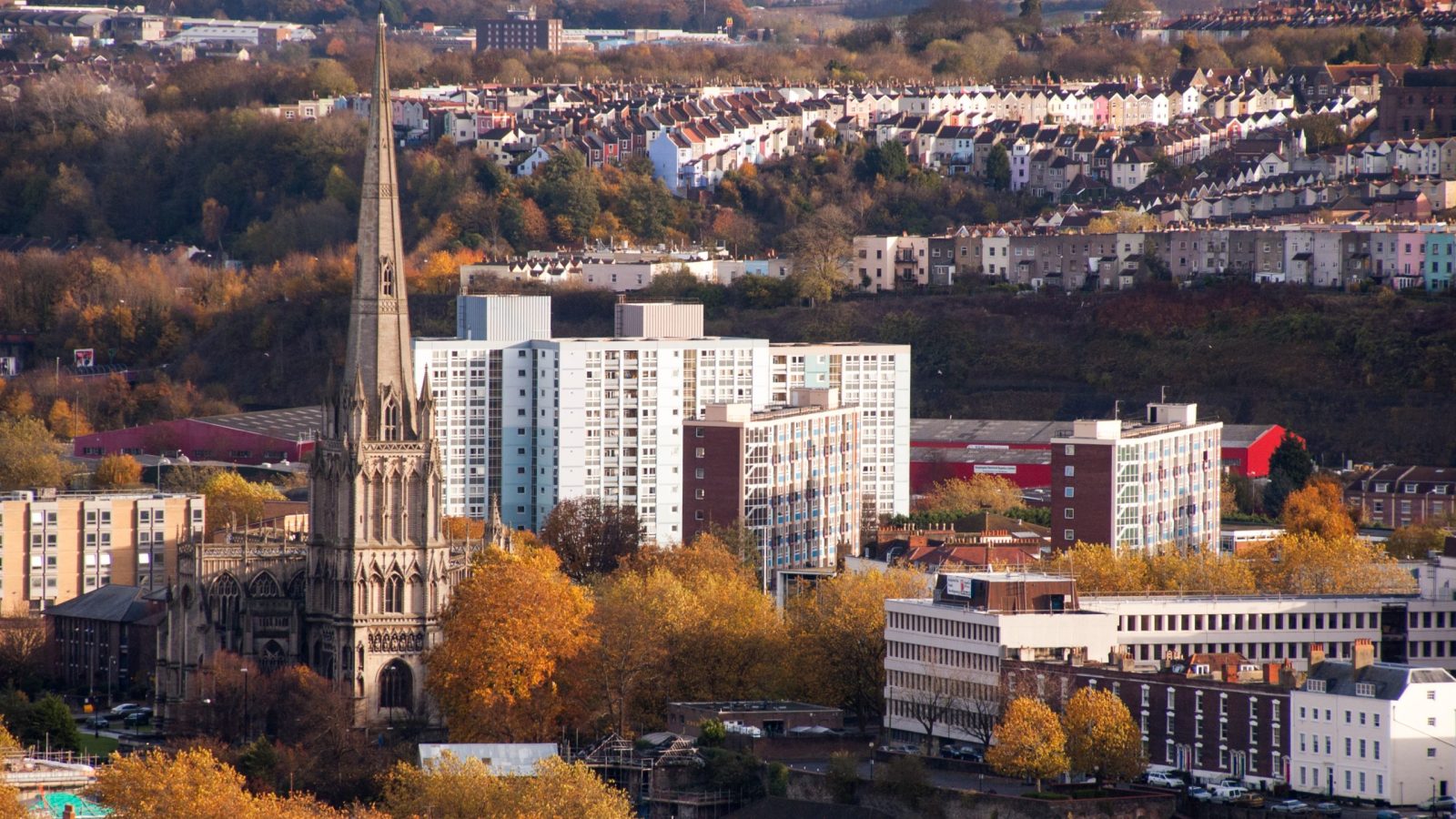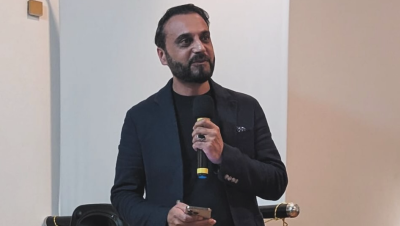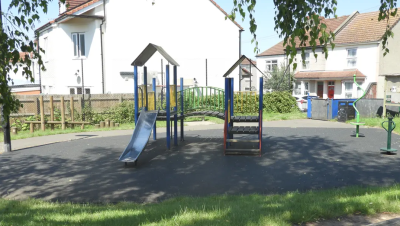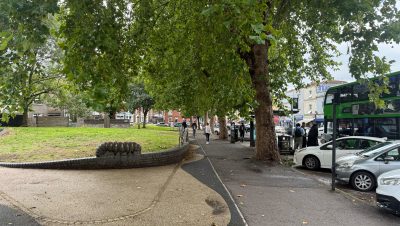News / Cladding
Council tenants to wait years before cladding is replaced
Council tenants living in tower blocks in Bristol will have to wait six more years before dangerous cladding is replaced.
Bristol City Council is planning to remove all the dangerous cladding from its tower blocks faster than initially hoped for, but still not until the next decade.
Eight years ago, 72 people died after Grenfell Tower in London caught fire.
is needed now More than ever
The flammable cladding wrapped around the block of council flats contributed to the rapid spread of the blaze, sparking concerns across the country that similar cladding had been used on other buildings.
But due to a range of reasons, including a shortage of skilled workers, risky cladding remains on many buildings.
New government guidelines say cladding should be removed by 2030.
Housing chiefs in Bristol reckon they will get all the removals done by 2031 from council tower blocks.
However, the changes mean that some tower blocks see scaffolding go up, then taken down, then put back up again to do more work — instead of contractors just doing all the work at once.
An update was given to councillors on the housing policy committee on Friday.
Clare Gibb, director of building safety, said: “Some blocks will require the scaffolding to go back up in order to do other external works.
“But the overall time per block that scaffolding will be in situ is being reduced from between nine and 12 months.
“Instead of scaffolding being up for three years, it will go up for nine months, it will come down, then go up for another year.”
This is because the money for removing the cladding is coming from a government grant.
Homes England previously told the council that grants would be reduced if the scaffolding was used to do other work, other than just removing cladding, such as installing new windows.
The fast-track programme will affect 21 high-rise blocks of council flats in Bristol, although it’s unclear which.
Barry Parsons, Green councillor for Easton and chair of the housing committee, said: “While we are almost a quarter of the way through our programme of removing cladding from council-owned blocks, we recognise the urgency to accelerate this work further.
“This new approach ensures that we deliver a programme that is cost-effective and makes good use of the resources available to us.
“We will continue to work with local and national partners to address the barriers to removing unsafe cladding and addressing other safety issues quickly — ensuring that all our residents live in safe buildings as quickly as possible.”
The previous “whole bloc”” approach, where all the issues were done at once, would mean tower blocks still having unsafe cladding until 2042.
Ten blocks have already had their cladding works finished, costing around £13.5m.
Delays so far are partly down to supply chain issues, with a shortage of staff and materials, plus a huge demand nationwide post-Grenfell.
Main photo: Bristol City Council
Read next:
 Our newsletters emailed directly to you
Our newsletters emailed directly to you




















